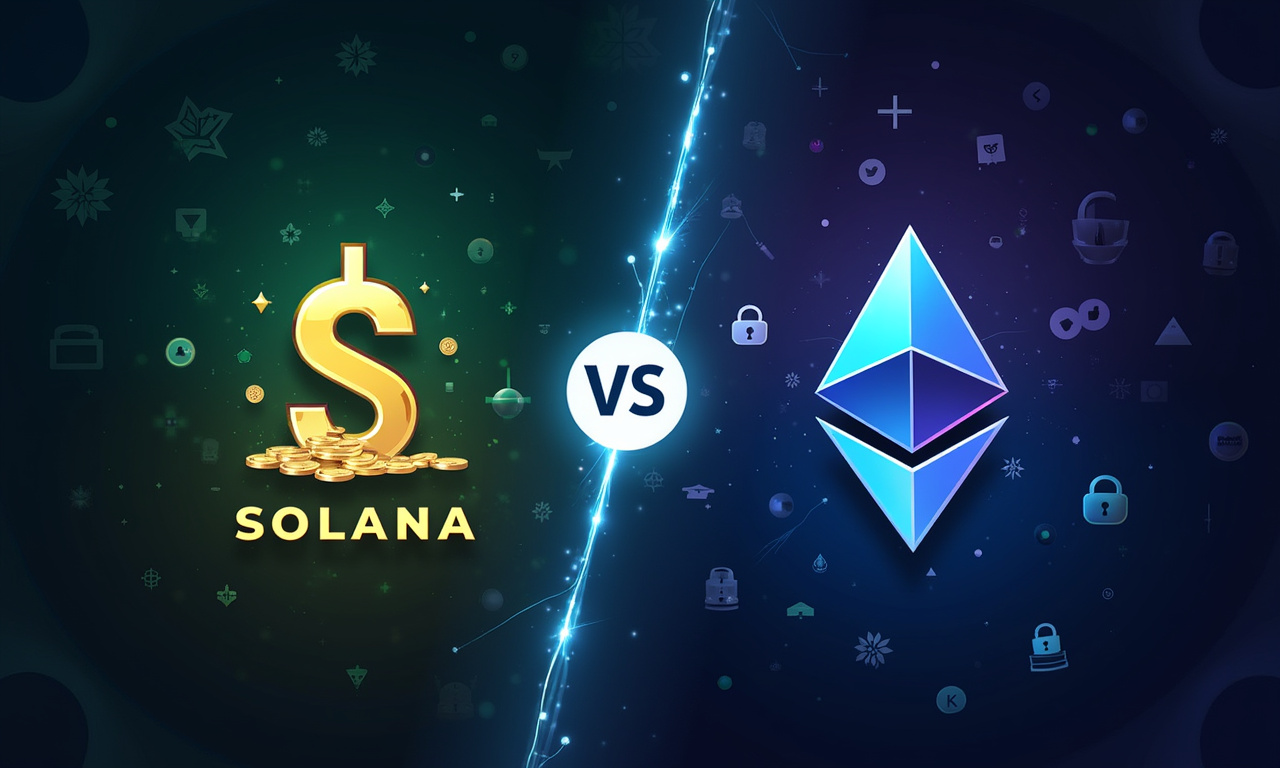
This is why Galaxy Digital and Fireblocks have partnered to provide non-custodial staking to over 2,000 financial institutions. Sounds like progress, right? More institutions, more adoption, to the moon! Hold on a second. So, before we all begin to celebrate with champagne corks flying, let’s discuss the myriad of very real dangers that are swirling just below the surface. Let's get practical.
Systemic Shockwaves, Not Smooth Sailing
Think about it. We’re describing a pretty big institutional tsunami coming into a pretty small institutional kiddie pool. Galaxy Digital already has $3.15 billion staked. Add the sheer weight of 2,000 institutions, and we’re talking about a truly seismic shift. What about the time that earthquake has to traverse a fault line?
What occurs if a major staking platform, say Galaxy, or for that matter even fireblocks, is overrun by a catastrophic security breach? We’re not just talking about a couple of misplaced NFTs. We are not just talking about millions, but potentially billions of dollars in federal assets at risk. Now picture the ripple effect on the entire crypto market, now picture those headlines, now picture that ensuing panic.
It’s as dangerous as handing a toddler a stick of dynamite. Sure, they’ll invent something awesome, but far more likely will they explode something. And when institutions blow things up, the damage is rarely limited. The truth is, this isn’t your grandma’s stock portfolio—this is a pretty volatile asset class that’s still finding its footing.
Is the infrastructure really prepared for this increased asset owner engagement? Are the security measures robust enough? These are not rhetorical questions.
Regulatory Dragons: Stifling the Fire?
With this increased institutional involvement comes a vastly increased regulatory scrutiny. It’s a little bit like inviting the taxman to your birthday party. OK, fine, he’ll probably come with a present (perhaps some “clearer guidance”), but he’s coming to audit your receipts.
“Clearer guidance” is code for more heavy-handed regulations. As a result, businesses are forced to absorb increased compliance costs and deal with extensive bureaucracy. This would suppress innovation, restrict access for smaller participants, and ultimately undermine the whole point of the promised decentralization. Think about that for a second.
Are we really swapping the Wild West of crypto for the bureaucratic morass of traditional finance? Is that really progress? Or are we simply, with the best of intentions, paving the road to centralization?
Consider this: the very ethos of crypto is anti-establishment. Now, instead of keeping them at bay, we’re calling the establishment inside, laying out the red carpet, and praying they don’t punch us in the face. History suggests otherwise.
Decentralization Fading Into Centralization
The entire idea behind crypto was to liberate us from centralized power tracks. Partnerships as joint initiatives, attractive though they might appear, can often unwittingly introduce more centralization. As it is, three of these large staking platforms including Lido (with >25% of ETH), Binance, and Coinbase, already hold majorities on the vote. Providing 2,000 distinct institutions access through just a handful of providers multiplies this centralization.
That’s not unlike designing a few dozen “crypto banks,” with massively outsized sway over the entire network. Where's the decentralization in that?
Think of it this way: imagine a town where everyone grows their own food. Now, picture one large corporation coming in and purchasing every single farm, taking over our entire country’s food supply. That's essentially what's happening here. Are we really okay with that?
All I’m trying to get across is that institutional staking isn’t automatically good. It has the potential to induce greater liquidity, stability, and legitimacy to the crypto market. We need to be pragmatic and realistic about what the risks are. We need to ask tough questions. We need to demand transparency and accountability.
Don't be blinded by the hype. And don’t take it on faith that having more institutions means having more progress. Let’s work together to create a future for crypto that isn’t defined centrally but is instead truly decentralized and secure. It should be available to all, not just the 2,000 behemoths. Because if we don't, we might just end up creating a system that's even more centralized and controlled than the one we're trying to escape. And that would be the ultimate irony.
Don't be blinded by the hype. Don't assume that more institutions equals more progress. Let's make sure we're building a future for crypto that's truly decentralized, secure, and accessible to everyone, not just the 2,000 giants. Because if we don't, we might just end up creating a system that's even more centralized and controlled than the one we're trying to escape. And that would be the ultimate irony.

Tran Quoc Duy
Blockchain Editor
Tran Quoc Duy offers centrist, well-grounded blockchain analysis, focusing on practical risks and utility in cryptocurrency domains. His analytical depth and subtle humor bring a thoughtful, measured voice to staking and mining topics. In his spare time, he enjoys landscape painting and classic science fiction novels.








